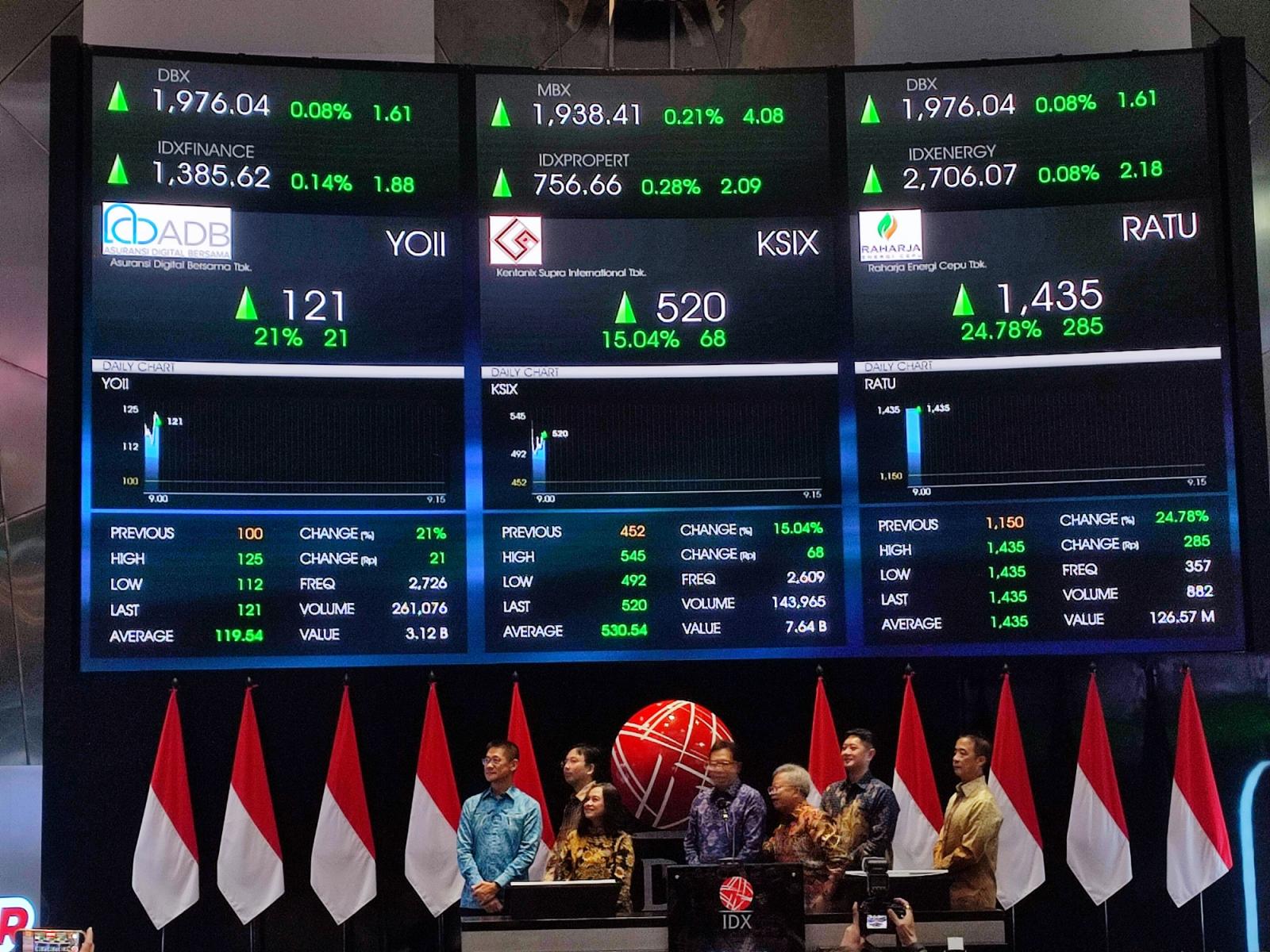Coinbase CEO Brian Armstrong recently stirred controversy on X by suggesting that Bitcoin, given its growing popularity, could be considered a meme coin.Armstrong admitted that while he doesn’t actively trade meme coins, he recognizes their cultural and technological significance, comparing them to early internet trends.
In a statement that has sparked intense debate within the cryptocurrency community, Coinbase CEO Brian Armstrong suggested that Bitcoin (BTC) could be considered a meme coin. On February 20, Armstrong took to X to share his thoughts on the growing meme coin phenomenon, drawing comparisons between Bitcoin, Dogecoin, and even the U.S. dollar.
Armstrong acknowledged the rising popularity of meme-coins, noting that while he is not personally a trader in this space, their influence cannot be ignored. He pointed out that Dogecoin (DOGE), created as a joke by Billy Markus in 2013, remains one of the most widely held cryptocurrencies today. Then, in a bold statement, he remarked, “Even Bitcoin is somewhat of a meme coin (one could argue so is the U.S. dollar, once it was disconnected from gold).”
Notably, Bitcoin has long been regarded as digital gold, a store of value, and a pioneer of decentralized finance. However, Armstrong’s comparison suggests that Bitcoin, like meme coins, gains value largely from social consensus and market perception rather than intrinsic utility.
Memecoins: A Sign of the Future?
Armstrong didn’t dismiss meme coins as mere speculation or hype. Instead, he compared their evolution to the early days of the internet, when seemingly trivial technologies, like animated GIFs, eventually became essential to digital culture.
He suggested that meme coins could follow a similar path, stating:
Memecoins are a canary in the coal mine that everything will be tokenized and brought onchain, every post, image, video, song, asset class, user identity, vote, artwork, stablecoin, contract, etc.
This perspective aligns with the broader Web3 vision, where blockchain technology enables the tokenization of digital and real-world assets. Memecoins are increasingly being taken seriously, as evidenced by Grayscale’s recent 19b-4 filing for a Dogecoin Exchange-Traded Fund (ETF), which the SEC has officially accepted for review. Additionally, meme-based tokens like TRUMP are gaining real-world utility, even being used for purchases. These developments suggest that what once seemed like a joke could play a meaningful role in the future of finance.
As a leading crypto exchange, Coinbase has established itself as a trusted platform in the industry. Armstrong reaffirmed that the company upholds free market principles, allowing users to trade assets they demand, as long as they are legal. However, he stressed the importance of educating users about potential risks, stating: “If a token is a scam or fraudulent, we’d want to remove it. But if it’s just low quality, the customer should be able to see reviews or community notes and make their own choice.”
Beyond the meme-coin market, regulatory developments are also shaping the crypto landscape. Congress is advancing efforts to establish new regulations for digital assets, a move that Armstrong has publicly supported, describing it as crucial for protecting Americans’ economic freedoms.
Notably, these comments come just days after the U.S. SEC requested a pause in its lawsuit against Coinbase, adding further intrigue to the ongoing legal and regulatory discussions surrounding the industry.
Buy Bitcoin GuideBitcoin Wallet TutorialCheck 24-hour Bitcoin PriceMore Bitcoin NewsWhat is Bitcoin?





